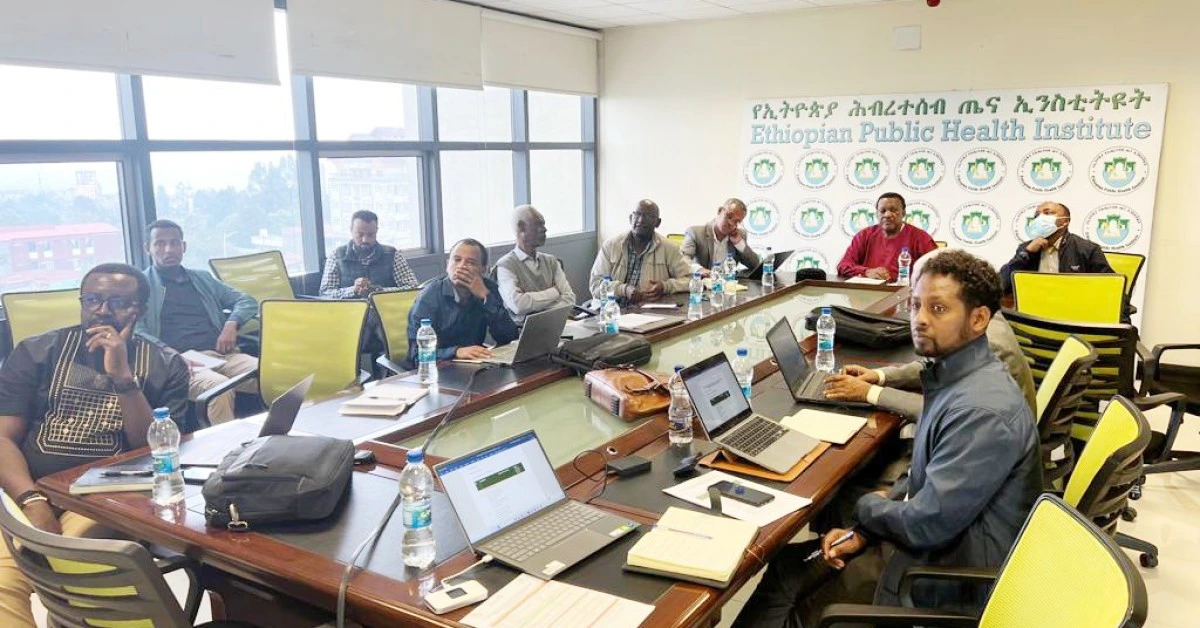
ETHIOPIA – The Africa Centers for Disease Control and Prevention (Africa CDC) has allocated US $1.6 million to support nine newly designated National Public Health Institutes (NPHIs) across Africa.
These institutes will serve as regional Centers of Excellence, providing technical assistance, training, and mentorship to strengthen public health systems in their regions.
Strengthening public health in Africa
Africa CDC Director General, Dr. Jean Kaseya, announced the selection of NPHIs in Ethiopia, Burkina Faso, Burundi, the Democratic Republic of Congo, Liberia, Mozambique, Nigeria, South Africa, and Rwanda.
These institutes were chosen after a thorough evaluation to ensure they align with Africa CDC’s mission of enhancing disease control, outbreak response, and research.
Dr. Kaseya emphasized that these Centers of Excellence will help improve disease surveillance, strengthen emergency response, and train healthcare professionals across the continent.
To support this initiative, Africa CDC will provide funding for equipment and training, including National Data Management Centers with new servers and software.
Investing in capacity building
According to Haftom Taame, Principal Technical Officer at Africa CDC, the agency will prioritize Mozambique, Liberia, and Burundi in 2025 to receive ISO 9001 accreditation, ensuring better operational efficiency through standardized processes.
Starting in the second quarter of 2025, Africa CDC will partner with the European CDC to twin African Centers of Excellence with European NPHIs, allowing them to learn from established institutions.
Additionally, four rounds of leadership and management training will be conducted to improve governance and decision-making in public health institutions.
Key focus areas for these Centers of Excellence include:
Challenges in managing health security
One of the biggest challenges in public health across Africa is the fragmented approach to outbreaks and disease response.
In many countries, different departments handle surveillance, emergency response, and laboratory testing separately, leading to inefficiencies.
“We need better coordination. Surveillance is managed in one place, outbreak response in another, and labs in a different department, creating gaps in crisis management,” Taame explained.
By establishing these Centers of Excellence, Africa CDC aims to streamline public health functions and improve coordination across Member States.
Liberia’s role as a regional leader
Dr. Dougbeh Chris Nyan, Director General of the National Public Health Institute of Liberia (NPHIL), expressed his commitment to advancing public health in Africa.
“This recognition is a testament to the dedication of our public health professionals. As a Center of Excellence, we will continue leading efforts in disease surveillance, emergency response, and capacity building,” he said.
Liberia’s selection as a Center of Excellence is a major milestone, given the country’s past public health challenges, including the 2014–2016 Ebola outbreak and the COVID-19 pandemic.
Addressing policy and funding gaps
During a performance review in Arusha, Tanzania, in January 2025, Africa CDC identified key challenges affecting NPHI development, including:
The meeting recommended high-level advocacy efforts targeting parliamentarians, policymakers, and key partners to mobilize resources, accelerate staff recruitment, and strengthen country engagement.
XRP HEALTHCARE L.L.C | License Number: 2312867.01 | Dubai | © Copyright 2025 | All Rights Reserved